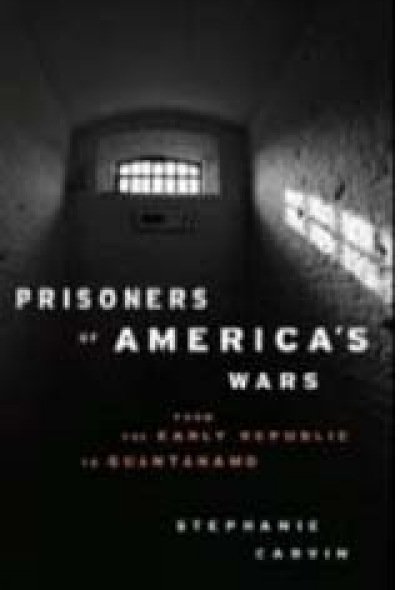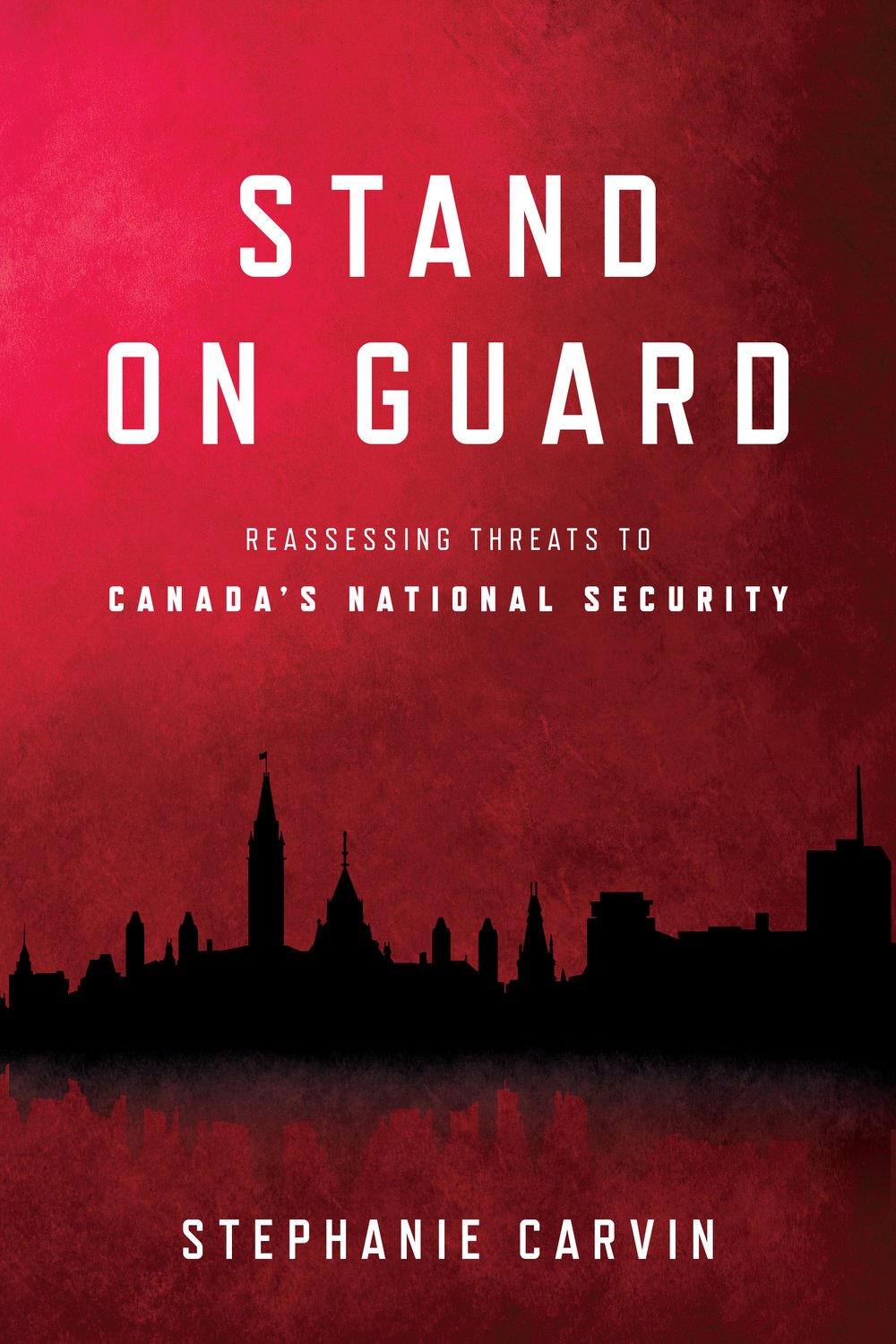Prisoners of America's Wars
From the Early Republic to Guantanamo

Prisoners of war have featured in virtually every conflict that the US has engaged in since its revolutionary beginnings. Today visitors to Washington will frequently see a black POW flag flying high on government buildings or war memorials in silent memory. This act of fealty towards prisoners reflects a history where they have frequently been a rallying point, source of outrage and problem for both military and political leaders. This is as true for the 2003 Iraq War as it was the American Revolution. Yet, the story of prisoners in American wars (both enemies taken and soldiers captured) reveals much about the nation itself; how it fights conflicts and its attitudes towards laws of war. A nation born out of an exceptional ideology, the United States has frequently found itself faced with the contradictory imperatives to be both exemplary and secure: while American diplomats might be negotiating a treaty at The Hague, American soldiers could be fighting a bloody insurrection where it seemed that few if any rules applied. By taking a historical approach, this book demonstrates that the challenges America faced regarding international law and the war on terror were not entirely unique or unprecedented. Rather, to be properly understood, such dilemmas must be contextualized within the long history of those prisoners captured in American wars.

Stephanie Carvin is a Lecturer in International Relations at Royal Holloway, University of London where she teaches on the politics of international law, international relations and American foreign policy. She holds a PhD in International Relations from the London School of Economics. A native of Canada, she previously worked as a Research Officer for the Canadian Institute of Strategic Studies in Toronto. Presently, Stephanie resides in London, England.

